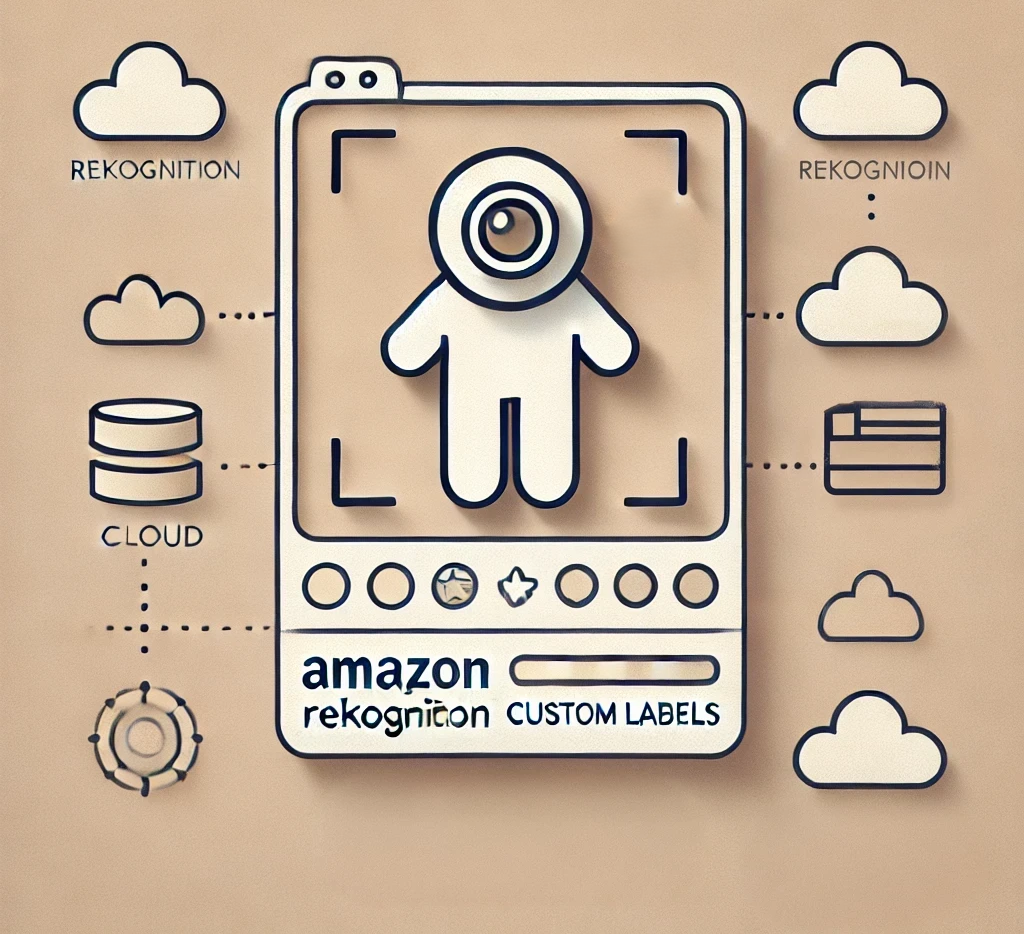In this article, we are going to dive into AWS. We are going to take a look at why companies use AWS and cover some of the core topics that help in this decision.
- What is AWS?
- Why do companies use AWS?
What is AWS?
AWS or Amazon Web Services is a cloud platform which companies can utilize to reduce the overhead usually required to build and grow an application. By reducing overhead, companies can move faster with new products and accelerate their time-to-market. Companies can achieve this by taking advantage of the services that AWS offers to solve common problems. Such as “how do I host my web application”, “how do I programmatically send emails to customers”, or “how do I ensure my database will scale”. AWS has services which cover this spectrum and even go deeper into big data, machine learning, and CI/CD services.
At Serverless Guru, AWS is our main hub when developing new applications, optimizing applications, and extending existing applications. We work with clients to help facilitate smooth cloud migrations for their business-critical applications while taking advantage as many fully managed services as possible. If your company is evaluating other cloud providers on the basis of their support for fully managed services. You can rest assured that AWS has far invested heavily into increasing the number of fully managed services and the capability of those fully managed services.
Why do companies use AWS?
The core reasons that companies will move to AWS instead of other cloud providers or instead of running their own infrastructure on-premises comes down to maturity, speed, savings, scalability, and automation.
Maturity
AWS compared to other cloud providers are much further along in their service development and application development support. AWS has been leading the cloud since 2006 and they are continuously innovating. AWS has been at the forefront for innovations around Serverless and fully managed services which allow companies to move even faster while drastically reducing the surface areas companies need to hit to be effective in the cloud.
Speed
When you can reduce overhead and take advantage of services where you don’t have to roll your own solution. Your company will naturally accelerate. This acceleration allows your company to focus more time on their product and less time reinventing the wheel. Which is great. As your company will begin to invest additional time into tackling edge cases that slow or cause bottlenecks in your organization. Thereby speeding up the entire company.
Savings
The cost comparison which most people do when evaluating AWS is looking at their specific workloads on-premises versus running on AWS. The resulting number can be more dramatic or less dramatic based on your requirements. However, when you factor in the cost savings associated with accelerating your development process from idea to release or factor in the countless hours not spent debugging, not spent building from scratch, not spent trying to manually scale, and not spent trying to maintain systems when you can instead opt into using AWS fully managed services. That is where your company gets the most bang for the buck.
Scalability
When your company is taking off and the customer demand is rapidly increasing. A question pops up, “how do we scale”. How do we take our existing database or web servers and increase the capacity to support our increase in traffic and application usage? The answer in a post-cloud environment can actually be quite surprising. With AWS, companies are able to configure auto-scaling on databases and web servers which will automatically increase capacity to support the increase in demand. However, you can take the scaling one step further with FaaS (Functions as a Service) where your applications can achieve true horizontal scaling.
Automation
Another great part about AWS is how they enable companies to hit high levels of automation through a service called AWS Cloudformation. Cloudformation allows you to automate practically every AWS service and every detail inside that service. For example, when we are talking about scalability. With Cloudformation we are able to enable auto-scaling in the same Cloudformation stack which is deploying the web server or database without additional steps. Composing this level of functionality together allows for easy disaster recovery and confidence that if anything goes wrong you will be able to recreate your entire AWS infrastructure from scratch.






%20(1).svg)

.svg)








